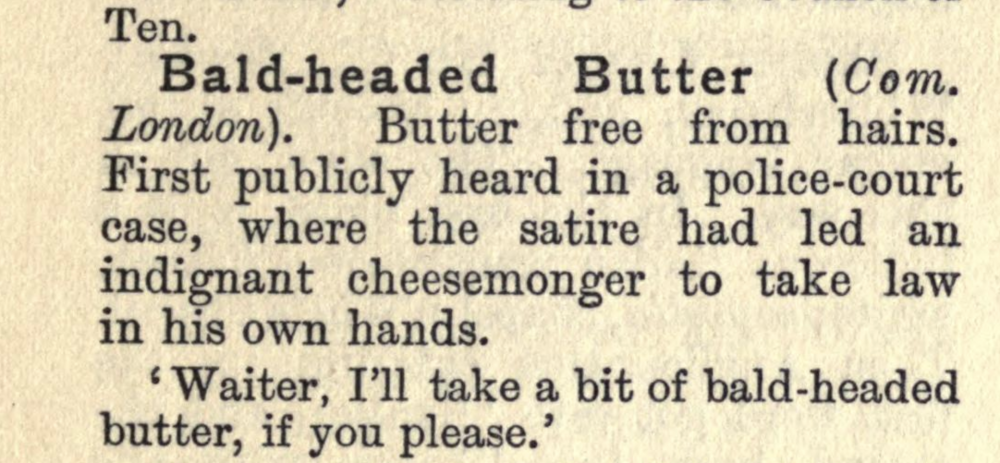DICTIONARY, n. A malevolent literary device for cramping the growth of a language and making it hard and inelastic. — Ambrose Bierce, The Devil’s Dictionary
Once upon a time, we were made to believe that words could never acquire sticks and stones’ capacity to wound.
Talk about a maxim no longer worth the paper it was printed on!
Language is organic. Definitions, usage, and our response to particular words evolve over time.
Lexicographer Ilan Stavans’ TED-Ed lesson, Who Decides What’s in the Dictionary?, rolls the clock back to 1604, when schoolmaster Robert Cawdrey assembled the first English language dictionary “for the benefit of Ladies, Gentlewomen, and other unskilled folk.”
Other English dictionaries soon followed, expanding on the 2,543 words Cawdrey had seen fit to include. His fellow authors shared Cawdrey’s prescriptive goal of educating the rabble, to keep them from butchering the high-minded tongue the self-appointed guardian considered it his duty to protect.
Wordsmith Samuel Johnson, the primary author of 1775’s massive A Dictionary of the English Language, described his mission as one in which “the pronunciation of our language may be fixed, and its attainment facilitated; by which its purity may be preserved, its use ascertained, and its duration lengthened.”
Lest we think Johnson overly impressed with the importance of his lofty mission, he submitted the following gently self-mocking definition of Lexicographer:
A writer of dictionaries; a harmless drudge that busies himself in tracing the original, and detailing the signification of words.
150 years later, Ambrose Bierce offered an opposing view in his delightfully wicked dictionary:
LEXICOGRAPHER, n. A pestilent fellow who, under the pretense of recording some particular stage in the development of a language, does what he can to arrest its growth, stiffen its flexibility and mechanize its methods.
Stavans points to brothers George and Charles Merriam’s acquisition of the rights to Noah Webster’s An American Dictionary of the English Language (1828) as a moment when our concept of what a dictionary should be began to shift.
Webster, working by himself, set out to collect and document English as it was used on these shores.
The Merriams engaged a group of language experts to curate subsequent editions, striking a blow for the idiom by including slang and regional variants.
A good start, though they excluded anything they found unfit for the general consumption at the time, including expressions born in the Black community.
Their editorializing was of a piece with prevailing views — see “wife.”
But humans, like language, evolve.
These days, lexicographers monitor the Internet for new words to be considered for upcoming editions, including profanity and racial slurs.
If a word’s use is judged to be widespread, sustained and meaningful, in it goes… even though some might find it objectionable, or even, yes, hurtful.
Stavans wraps his lesson up by drawing our attention to Merriam-Webster’s tradition of anointing one entry to Word of the Year, drawn from statistical analysis of the words people look up in extremely high numbers.
“They” got the nod in 2019, a testament to how deeply non-binary gender expression has permeated the collective consciousness and national conversation.
The runner up?
Impeach.
Care to guess which word 2020 placed in the dictionary’s path?
Related Content:
How a Word Enters the Dictionary: A Quick Primer
Ayun Halliday is an author, illustrator, theater maker and Chief Primatologist of the East Village Inky zine. Follow her @AyunHalliday.


